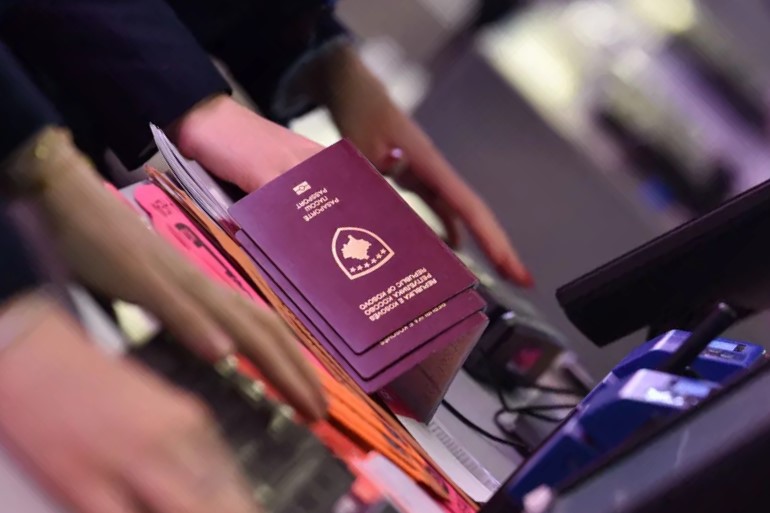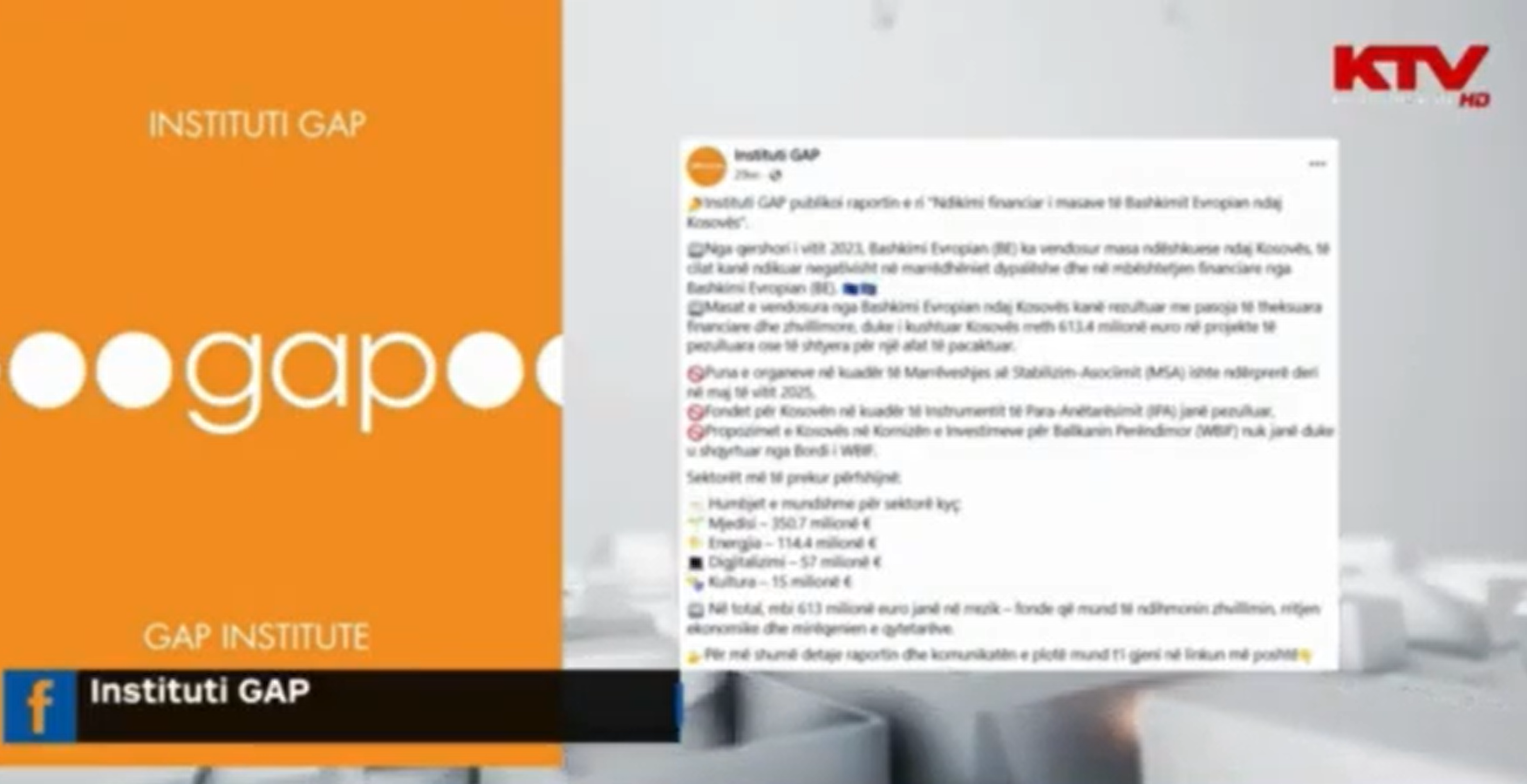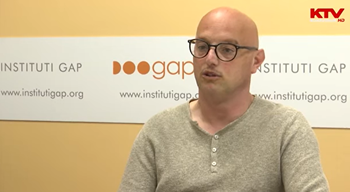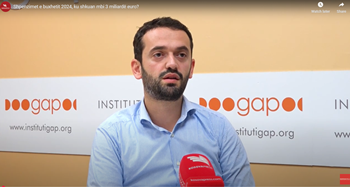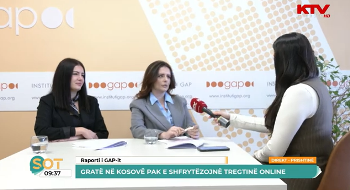Privacy neglected: control of interception of telecommunications in Kosovo
24/11/2014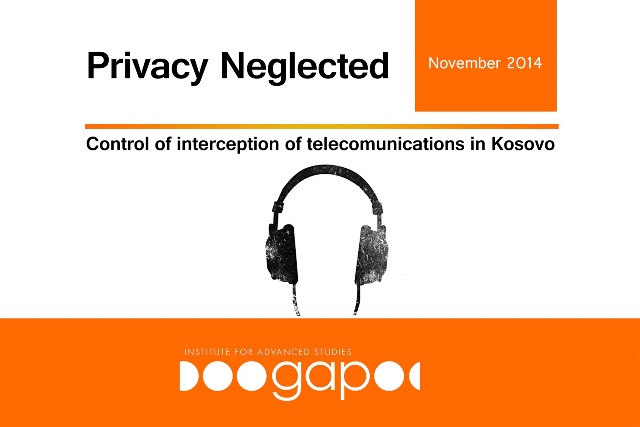
This paper looks at the right to privacy guaranteed by the Constitution against the interception of telecommunications in Kosovo.
Read the full paper here:In order to analyze this relation, four aspects are taken into account: judicial control, internal control, parliamentary oversight and control by Ombudsperson Institution. The paper finds out that judicial control of the interception of telecommunications is weak and much decentralized, internal control is insufficient, parliamentary oversight is inefficient while there is no control of interception of telecommunications by Ombudsperson Institution.
In relation to the judicial control, besides the interception of telecommunications in the case of Kosovo Intelligence Agency (KIA) where the Supreme Court assesses the interception warrant, there are seven basic courts and their further branches which assess the interception warrant in the case of Police. Also the state prosecution positioned between the law enforcement institutions (for instance Police) and the respective court does not mean a single person but the institution which is also structured in seven regions in Kosovo. According to the legislation, the situation of internal control leaves also enough space for improvement.
Parliamentary oversight is inefficient since Parliamentary Committee on Internal Affairs and Security is sufficed by inviting the Minister of Internal Affairs and the Director of Police to report on general topics in the Committee. On the other side, the Parliamentary Committee on the oversight of Kosovo Intelligence Agency is questioned by the KIA itself since members of the Committee do not hold security clearances. Based on the Law on KIA, it is this institution which conducts security clearances to individuals in the respective institutions, but does not explain if KIA or another institution should be the one conducting security clearances to members/deputies of the Committee on the oversight of KIA.
Besides the CPC and the Law on KIA, the Government has attempted twice to approve a law on interception of telecommunications. The first draft law discussed in the Parliament in the first part of 2013 was sent back to the Government since it centralized the interception of telecommunications into KIA, while the second draft law developed later on has been approved in the Government in the late April 2014. The draft law has not been put yet into discussions in the Assembly since the fifth legislature is not yet functional neither the new government has been established after the general elections of the 8th of June this year. However, the second draft law has a lot of weaknesses such as on the premises of the interception facility, categories of data to be retained, controlling mechanisms, etc. This paper recommends drafting of a new law on interception of telecommunications to be divided among two groups: a core group which would write the substance of the new law and a general group consisted of line ministries to comment and provide feedback to core group.






